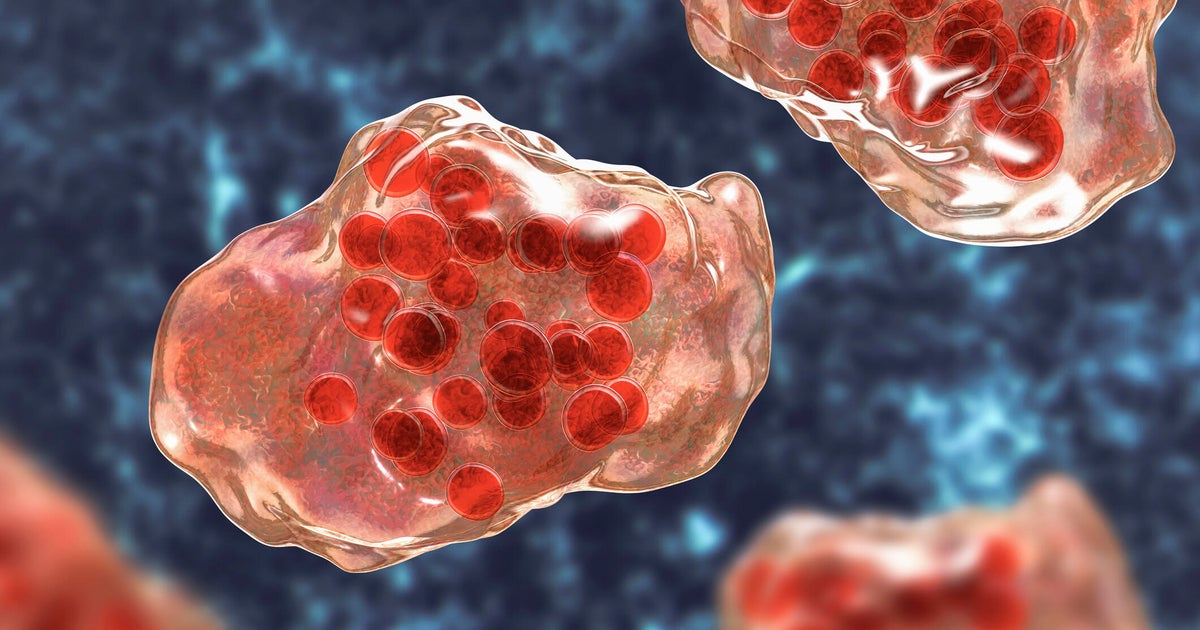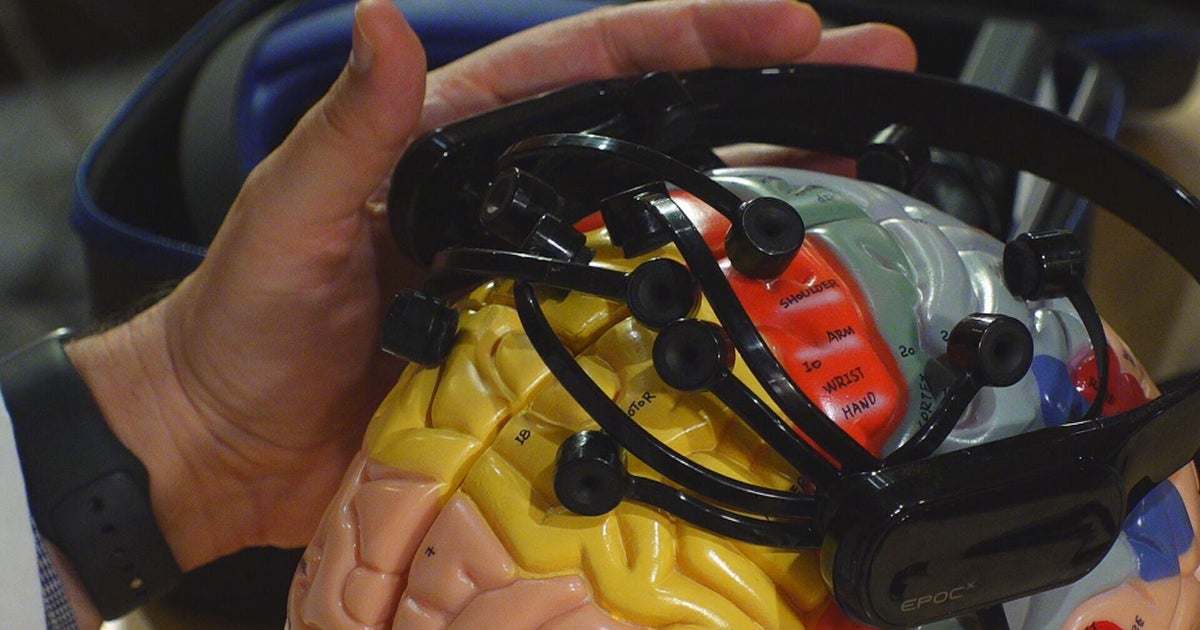Health experts answer your coronavirus questions
As coronavirus spreads in the United States and around the world, health experts are learning more about the disease. Here are some of the things they say you should know.
What does the coronavirus actually do to your body?
"Any point of entry to the body, the sinuses, the oral fairings, your gastrointestinal tract, what it does is it invades the lining of those cavities, causes local inflammation, and that's when you have symptoms, that's when you have shortness of breath, that's when you have cough, you have a runny nose and we're also seeing you sometimes have GI symptoms as well. That is what's happening at the cellular level," said Dr. Vin Gupta, a respiratory specialist and global health policy expert.
Can you get coronavirus, not know you have it, and recover without being treated?
"Yes, in fact, the vast majority — what we now know is that in the first day of your infection, where you're putting virus out, you may not even have symptoms," said Michael Osterholm, the director of the Center for Infectious Disease Research and Policy at the University of Minnesota. "Then we know that over the next three to five days you have this upper respiratory infection just like the flu type of picture. For some reason, a large risk is there for people who are over age 55, 60, who have underlying health problems, for the virus then getting into the lungs and then causing the additional problem. The vast majority of people never experience that. They're just going to have those first couple of days of respiratory symptoms, and they won't even be treated and they'll be fine."
How long does coronavirus live on surfaces?
"What we know now, we have studies that show it depends on ambient temperature, number one, and then on the surface," Gupta said. "So depending on the temperature, if it's say 70 degrees, you can see fomites — basically the virus particles — live on surfaces like paper or steel up to anywhere from two hours to nine days, but if it's ambient, if it's say 60 to 70 degrees, longer lifespan; if it's hotter or colder, shorter lifespan."
Should we be limiting gatherings of large numbers of people?
"If you're someone who is over age 55, you're someone who has underlying health problems, I would say don't put yourself at risk being in those large gatherings. Younger age populations have seen very little serious illness. In fact, no one in Korea under age 30 has died. In China only 2.1% of the cases were in people 19 years of age or younger," Osterholm said.
"One of the areas that we're very concerned about is school closings. Mostly today, the illness is going to be in adults, and if it's not in kids, should we be closing schools? Well, maybe yes if they're shedding the virus. If they're getting infected and not sick and shedding the virus, we should. At this point, distancing for people with underlying health problems though is a real important issue."
Do face masks protect you from the coronavirus?
"No, and we've been trying to make this point loud and clear. The Surgeon General tried to make this point. Stop buying face masks," said CBS News medical contributor Dr. Tara Narula. "The surgical masks that you see everybody walking around with are not able to prevent those viral particles from getting to you. They can go around. They're not fitted to your face appropriately. The N95 respirator masks that the health care professionals use are meant to keep out 95% of very small particles."



